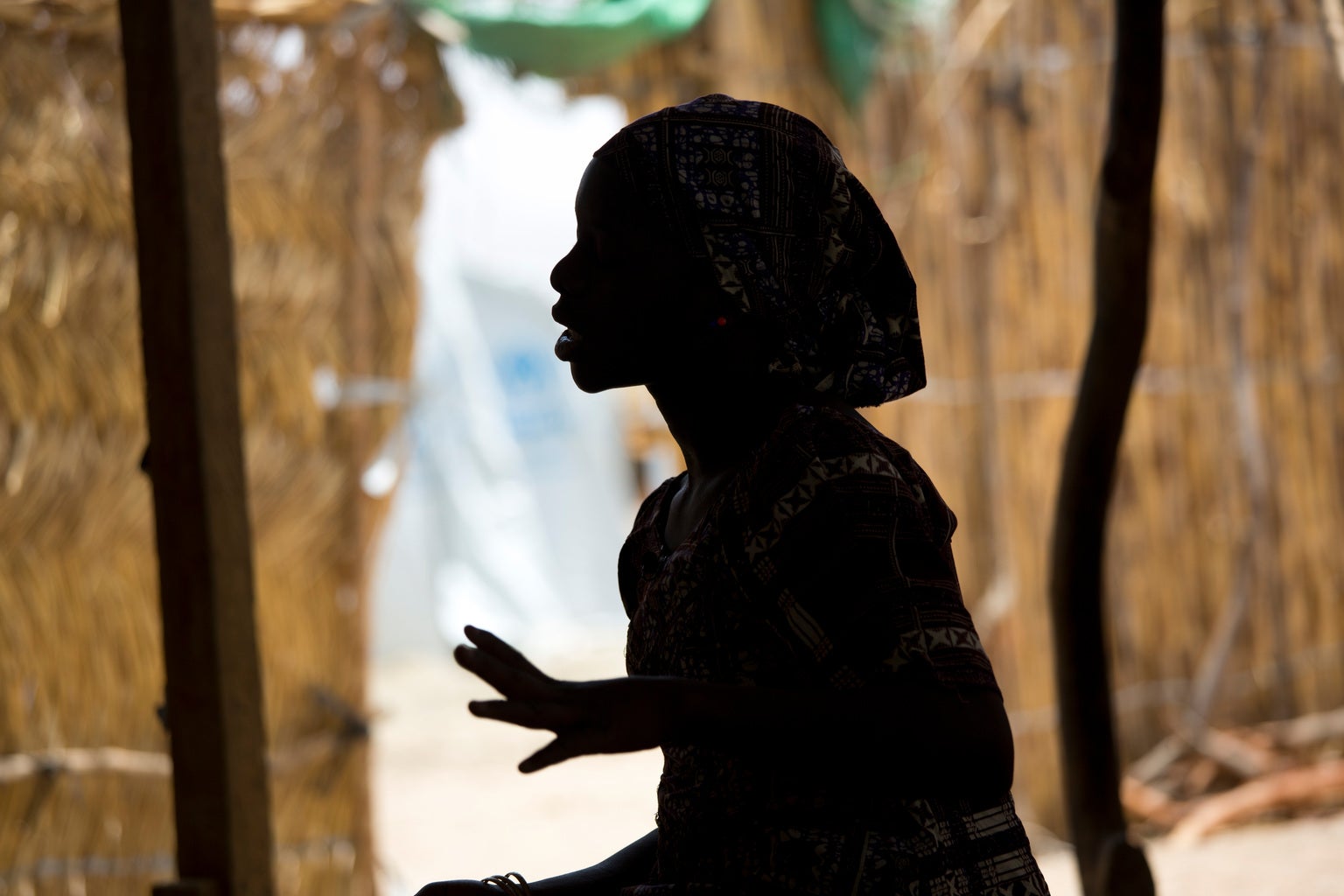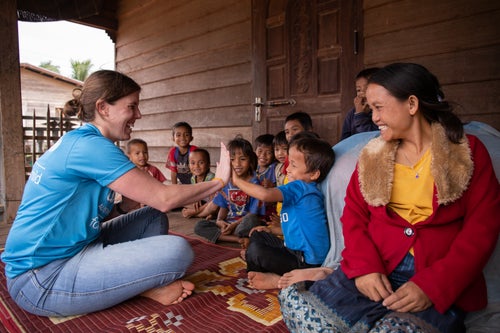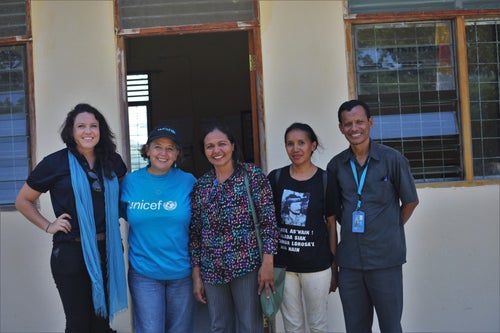Most striking about Fati are her hand gestures. They cut through the air like blades, punctuating her sentences that come tumbling out in quick succession. She seems impatient and anxious to tell her story – a story that would be distressing for any adult, let alone a 15-year-old child.
“One day, two men in the village followed my cousin and me all the way to our home,” says Fati, who is Nigerian, and from a village that is a stone’s throw from the Cameroonian border in the north. “The men came into the house and told my parents that they wanted to marry my cousin and me. These men were Boko Haram. They carried guns.”
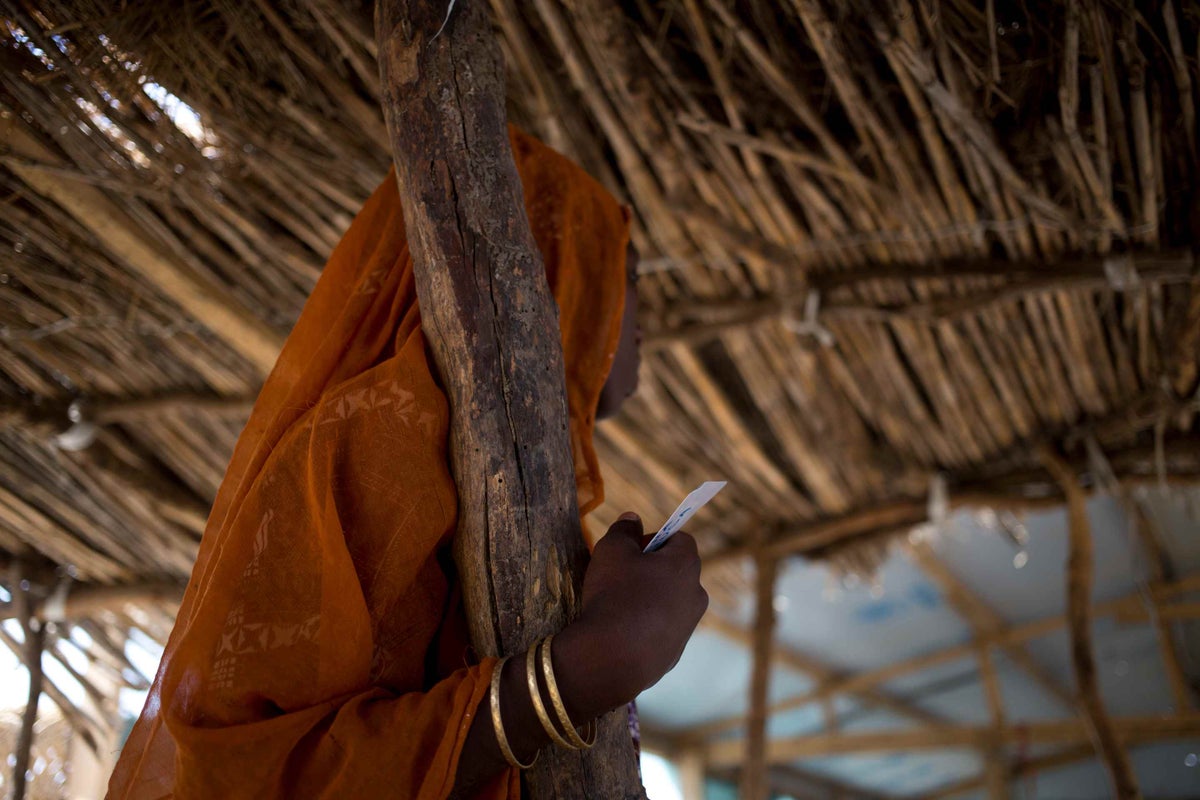
The fighters had arrived in the village a week earlier, says Fati who is now living in a refugee camp in Cameroon. They were looking for young boys to enlist. Fati’s mother made sure her two eldest sons escaped. Then the rest of the family, Fati, her parents and six siblings, fled to nearby mountains, where they camped out for three days. Once things seemed safe again, and because their supplies had run out, they returned home.
That’s when Fati noticed the men following her.
“We tried to tell them we were too young to marry,” she says. But faced with guns, Fati and her cousin had no choice but to follow along with the men.
Fati spent more than a year in captivity, forced into marriage with an adult Boko Haram fighter, raped, kept on the move, shot at by Nigerian and Cameroonian soldiers and fighter jets, living in fear, and unsure when she would ever see her family again.
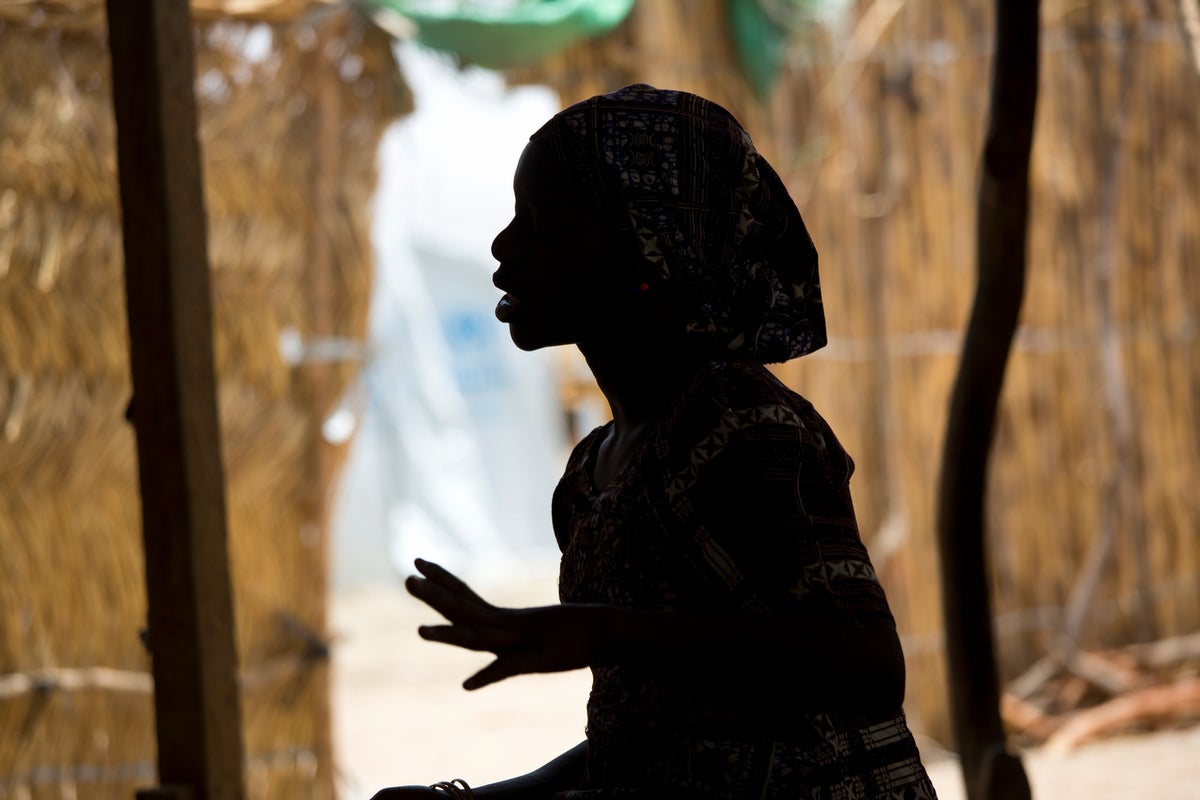
“Those jets they bombed everybody, not only Boko Haram,” she says, and imitates the loud bangs they made. Boom, boom.
At some point during her captivity, she says she heard about the girls who were abducted by Boko Haram in Chibok. And then she met them, and became friends with some of them. She says she can’t count how many kidnapped girls there were. “Too many.”
“Boko Haram wanted us girls to do suicide attacks, and many girls wanted to,” she remembers. “Because they wanted to go to the army and have them remove the belts. That way they would escape.”
But Fati never volunteered.
The use of children, especially girls, by Boko Haram as “suicide” bombers has increased sharply in Nigeria and Cameroon in recent months, according to UNICEF estimates. And some charges are detonated by remote control.
One day, when they were on the run with her captors, Cameroonian soldiers managed to catch them.
“The soldiers sent the men to prison, and I was taken to the Minawao refugee camp,” says Fati.
This was in October 2015, more than 13 months after she was abducted by Boko Haram.
In Minawao camp, Fati was placed in a foster family, and is seen daily by UNICEF-supported social workers, employed by a local NGO.
“They visit me all the time, and encourage me in my life at the camp,” she says. They also provide clothes when she needs them during the cold season, and through UNICEF, her foster family is giving food supplies and kitchen items.
One day, thanks to a camp resident from her village, and with support from UNICEF partner, Fati was able to connect with her mother Mariam, and spoke with her on mobile phone. A few days later, they were reunited in Camp Minawao.
Fati carries her younger sister, who was only a baby when she saw her last. They seem inseparable, and as soon as Fati puts her down, her sister starts to cry. Fati’s mom Mariam is eager to take Fati back home.
“The rest of the children are there without me,” says Mariam. And they are all alone.
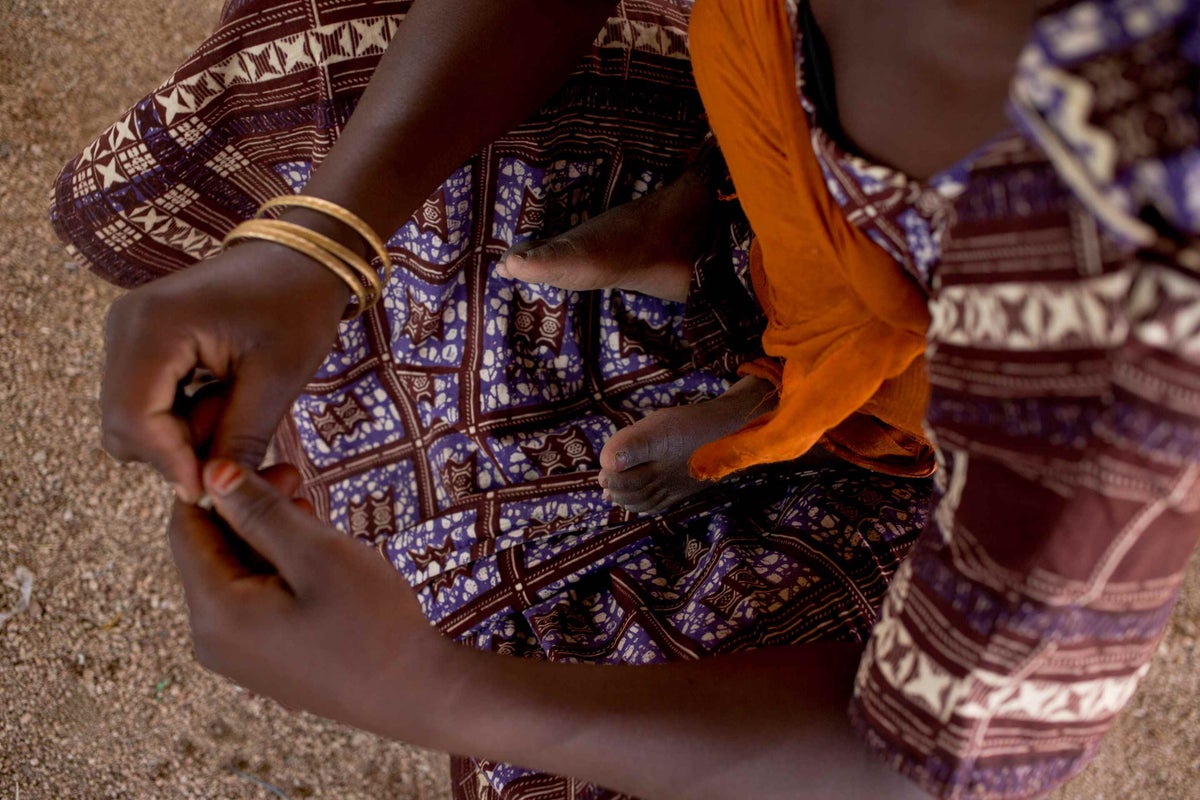
"My father became sick when I was away, and died,” says Fati, tears streaming down her face.
“I will never see him again.” She clutches at the gold armbands she is wearing, a gift from her mother. “I never removed them, they always stayed on.”
Related articles
Stay up-to-date on UNICEF's work in Australia and around the world



